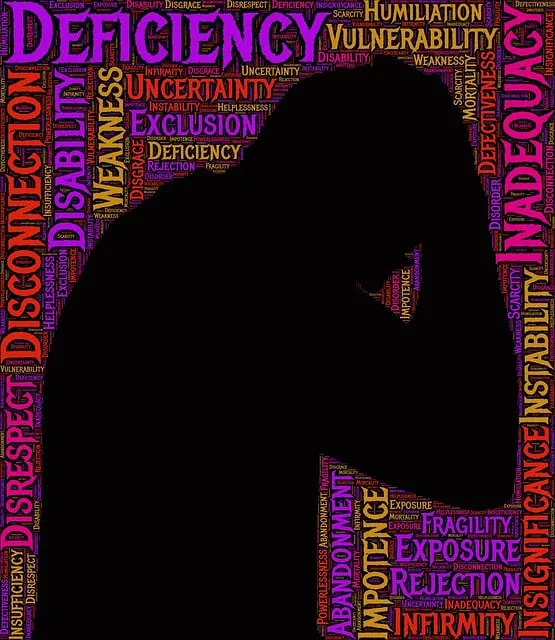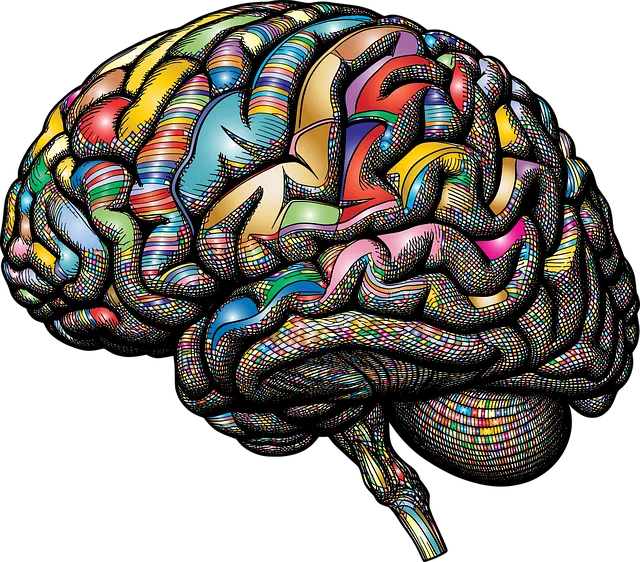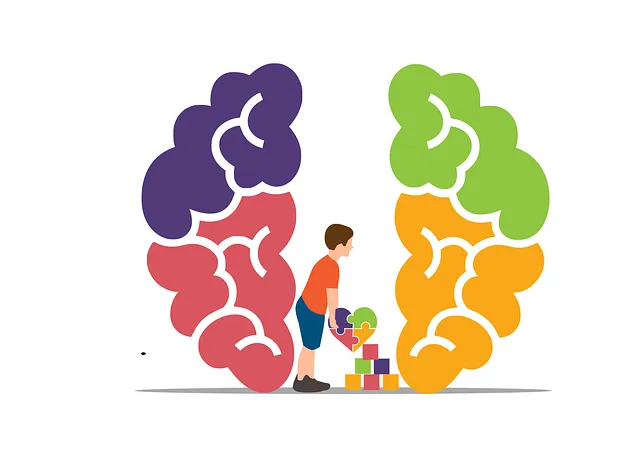Parker Kaiser Permanente offers specialized Social Skills Training for individuals with mental health conditions, focusing on communication, empathy, and relationship-building. This evidence-based program uses role-playing, group discussions, mindfulness exercises, and Mental Health Policy Analysis to enhance social functioning and quality of life. Their mental health providers utilize personalized treatment plans and cultural competency training to build resilience, confidence, and open communication, leading to effective treatment outcomes. This safe, supportive environment equips individuals with tools for stress management, risk assessment, and emotional regulation, ultimately promoting optimal well-being for both professionals and clients.
Social skills training is a powerful tool for managing mental health conditions, offering individuals valuable support in navigating social interactions. This article explores how Parker Kaiser Permanente mental health providers leverage specialized programs to enhance communication and relationship-building abilities. We delve into the key components of effective training, highlighting its numerous benefits and real-world applications, all while emphasizing the critical role played by these professionals in fostering positive outcomes for patients.
- Understanding Social Skills Training for Mental Health Conditions
- The Role of Parker Kaiser Permanente Mental Health Providers
- Key Components of Effective Social Skills Training Programs
- Benefits and Real-World Applications of Social Skills Training
Understanding Social Skills Training for Mental Health Conditions

Social Skills Training for mental health conditions is a specialized program designed to equip individuals with the necessary tools to navigate social interactions effectively. This type of training is particularly beneficial for those facing challenges related to their mental well-being, as it addresses specific social impairments often associated with various mental health disorders. By focusing on improving communication, empathy, and relationship-building skills, these programs aim to enhance social functioning and overall quality of life.
At Parker Kaiser Permanente, mental health providers utilize evidence-based strategies tailored to individual needs. The training goes beyond simple conversation techniques; it involves role-playing scenarios, group discussions, and mindfulness exercises to foster a deeper understanding of social cues and appropriate responses. This holistic approach not only benefits clients but also enables them to develop coping skills essential for managing stress and anxiety in social settings. Moreover, such programs incorporate aspects of Mental Health Policy Analysis and Advocacy, ensuring that participants gain insights into their rights and the resources available to support their ongoing mental health journey, including Risk Management Planning for professionals.
The Role of Parker Kaiser Permanente Mental Health Providers

The Parker Kaiser Permanente mental health providers play a pivotal role in empowering individuals with mental health conditions to navigate social interactions and foster emotional well-being. These healthcare professionals are equipped with specialized knowledge and skills to address unique challenges faced by their patients. They employ evidence-based Emotional Well-being Promotion Techniques tailored to individual needs, focusing on building resilience and enhancing coping mechanisms.
Through comprehensive assessments and personalized treatment plans, the providers ensure that patients develop the necessary social skills to engage in meaningful relationships and improve their overall quality of life. Moreover, regular sessions dedicated to Healthcare Provider Cultural Competency Training enable these experts to offer culturally sensitive care, fostering trust and understanding among diverse patient populations. This approach not only boosts confidence but also encourages open communication, leading to more effective treatment outcomes.
Key Components of Effective Social Skills Training Programs

Effective social skills training programs for mental health conditions should incorporate several key components. One of the fundamental aspects is providing a safe and supportive environment, where individuals feel comfortable practicing new skills in real-world scenarios, facilitated by compassionate and experienced Parker Kaiser Permanente mental health providers. This enables participants to build confidence and resilience while learning how to navigate social interactions successfully.
Additionally, these programs should focus on teaching positive thinking techniques, stress management strategies, and risk assessment tools tailored for mental health professionals. Integrating these elements allows trainees to enhance their emotional regulation, improve coping mechanisms, and better assess potential risks in therapeutic settings. Stress Management Workshops Organization can play a crucial role in equipping mental health providers with the necessary skills to thrive in their roles while maintaining optimal well-being.
Benefits and Real-World Applications of Social Skills Training

Social Skills Training (SST) offers a multitude of benefits for individuals living with mental health conditions, such as depression and anxiety. By focusing on improving communication, empathy, and conflict resolution skills, SST empowers individuals to navigate social interactions with confidence. This form of therapy has been shown to enhance overall well-being, foster better relationships, and even serve as a powerful tool in crisis intervention guidance, as provided by the mental health providers at Parker Kaiser Permanente.
In real-world applications, SST is not just theoretical; it equips individuals with practical strategies for managing social situations that can be distressing. For instance, it can play a pivotal role in Depression Prevention by teaching individuals how to initiate and maintain meaningful conversations, thereby reducing feelings of isolation. Furthermore, SST incorporates Self-Care Practices into daily routines, encouraging individuals to prioritize their emotional needs and develop coping mechanisms that resonate with them on a personal level.
Social skills training, as a component of comprehensive mental health care, offers individuals with conditions like autism or social anxiety a powerful tool for improving their daily lives. The expertise of Parker Kaiser Permanente mental health providers is invaluable in tailoring these programs to meet individual needs. By focusing on communication, empathy, and social interaction, these training initiatives empower participants to navigate social situations more confidently, fostering better relationships and overall well-being.






